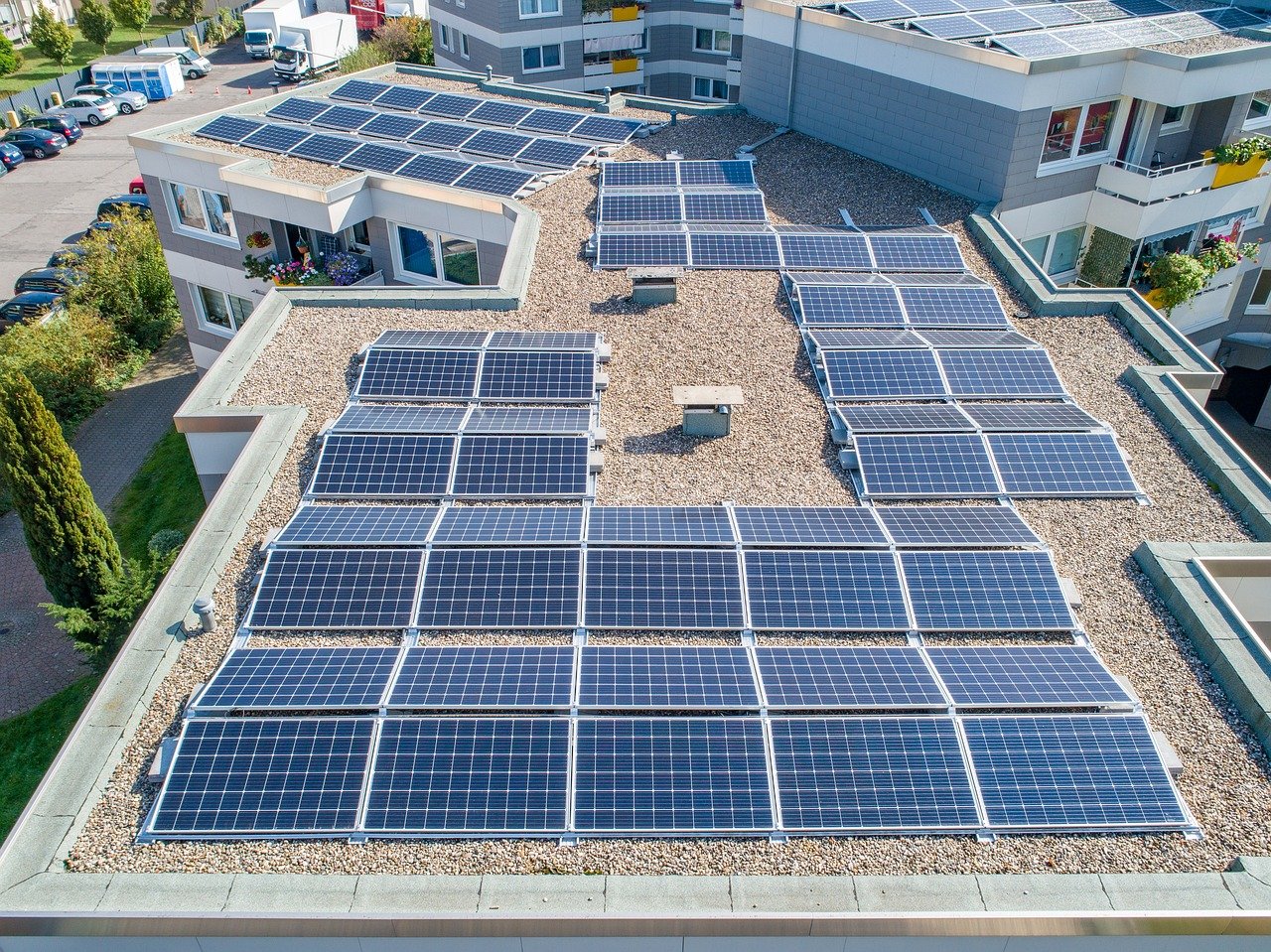As the world faces a growing energy crisis, many countries, including Pakistan, are turning to renewable energy sources to meet their needs. Solar energy, abundant and sustainable, has emerged as the ideal solution for Pakistan’s energy woes. This article explores why solar energy is the best choice for Pakistan, considering its environmental, economic, and social benefits.
Abundant Solar Resources in Pakistan
Pakistan is blessed with an average of 300 sunny days per year, making it an ideal location for harnessing solar power. With ample sunlight in regions such as Sindh, Balochistan, and Punjab, the country has the potential to generate vast amounts of energy using solar panels.
- High Solar Irradiation: Pakistan receives an average solar irradiation of 5.3 kWh/m²/day. This makes it one of the most solar-rich countries globally, offering immense untapped potential.
- Widespread Availability: From urban centers to rural areas, sunlight is accessible everywhere, reducing dependence on centralized power grids.
Tackling Pakistan’s Energy Crisis
Pakistan’s energy sector has long been plagued by issues like frequent load-shedding, high electricity costs, and reliance on imported fuels. Solar energy can address these problems effectively.
- Reducing Load-Shedding: Decentralized solar systems can provide uninterrupted power to homes and businesses, mitigating power outages.
- Lower Electricity Bills: By installing solar panels, consumers can generate their own electricity, significantly reducing their reliance on expensive grid electricity.
Economic Benefits of Solar Energy
Switching to solar energy has the potential to revitalize Pakistan’s economy by creating jobs and reducing dependence on costly imported fuels.
- Job Creation: Solar energy projects generate employment opportunities in manufacturing, installation, and maintenance, helping to reduce unemployment.
- Cost-Effectiveness: The prices of solar panels and inverters have dropped significantly in recent years, making solar installations more affordable for households and businesses.
Environmental Advantages
Pakistan faces serious environmental challenges, including air pollution, deforestation, and climate change. Solar energy offers a clean and sustainable solution.
- Zero Emissions: Solar energy systems produce no greenhouse gases, making them environmentally friendly and helping reduce Pakistan’s carbon footprint.
- Preserving Natural Resources: Unlike fossil fuels, solar energy doesn’t deplete natural resources, ensuring sustainability for future generations.
Empowering Rural Areas
Solar energy can bring significant progress to rural areas, where access to electricity remains a challenge.
- Off-Grid Solutions: Solar panels and hybrid systems can provide electricity to remote villages, improving the quality of life and fostering economic development.
- Supporting Agriculture: Solar-powered water pumps can help farmers irrigate their fields, boosting agricultural productivity.
Government Initiatives and Policies
The Pakistani government is actively promoting solar energy through policies, subsidies, and incentives.
- Net Metering: Consumers can sell excess electricity back to the grid, earning credits and further reducing their energy costs.
- Subsidies and Tax Benefits: Incentives for solar installations encourage both residential and commercial adoption of solar energy.
Resilience Against Rising Fuel Costs
With fluctuating global oil prices, Pakistan’s reliance on imported fuel makes its energy sector vulnerable. Solar energy provides a stable and cost-effective alternative, shielding consumers from volatile energy prices.
Conclusion
Solar energy is more than just an alternative—it’s the future of Pakistan’s energy landscape. Its abundance, cost-effectiveness, and environmental benefits make it the perfect solution for addressing the country’s energy challenges. By investing in solar technology, Pakistan can achieve energy independence, reduce its carbon footprint, and pave the way for a sustainable future.
Adopting solar energy isn’t just a necessity; it’s an opportunity for Pakistan to lead the way in renewable energy innovation in South Asia. The time to act is now—embrace solar energy and power Pakistan towards a brighter, cleaner, and more prosperous tomorrow.



